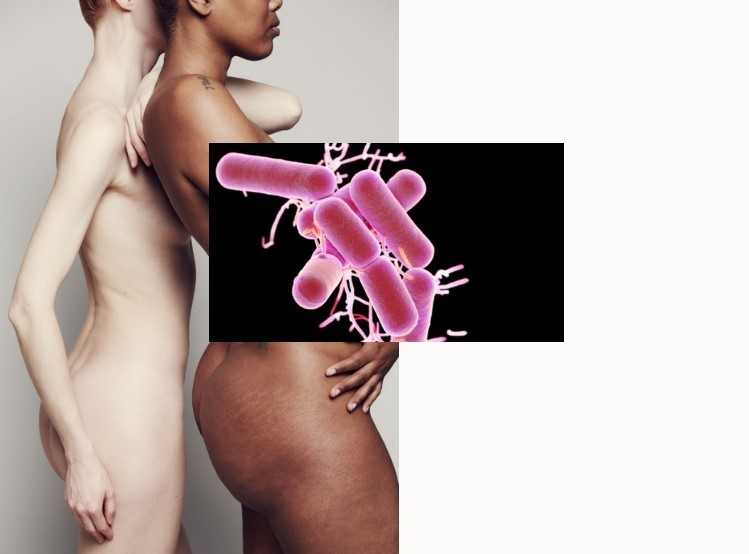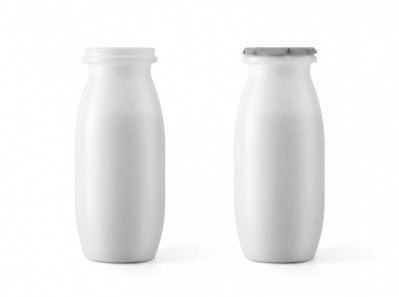Vaginal microbiome decoded: Team creates gene database to advance women's health

Writing in Nature Communications, the US-based team presents VIRGO, a non-redundant gene catalog of the vaginal microbiome that will aid in designing solutions to diagnose, prevent, and treat conditions which impact women.
“VIRGO presents the most detailed portrait to date of the vaginal microbiome and its relationship to human health," says Luba Greenwood, co-founder and CEO of LUCA Biologics, a biotechnology firm developing microbe-based therapies.
"This unprecedented view of intraspecies diversity goes far beyond the scope of current genome references and introduces new selection criteria and biomarkers.
“VIRGO speaks to the potential of gene-specific, living medicines to prevent and treat diseases, targeting the highest unmet medical needs for women around the world."
Computational resources
Metagenomic and metatranscriptomic profiling are emerging approaches aimed at characterising the gene content and expression of microbial communities.
Despite the rapid development and increased throughput of sequencing technologies, current knowledge of the genetic and functional diversity of microbial community is still limited.
This is due, at least in part, to a lack of resources necessary for the analysis of these massive datasets. Metagenomic or metatranscriptomic datasets normally requires large computational resources.
The team, based at the University of Maryland, thinks the mapping of this data against a gene database is a viable strategy citing less computational demand, fewer errors, providing a point of reference for data comparison.
They began assembling VIRGO functionally and taxonomically annotating the tool with data from 0.95 million non-redundant genes.
The team also constructed a vaginal orthologous groups (VOG) from VIRGO providing an easily accessible tool to characterise the structure and function of vaginal metagenome and metatranscriptome datasets.
Further work involved analysing 1,507 additional vaginal metagenomes, noting a high intraspecies diversity within and across vaginal microbiota.
“16S rRNA gene sequencing has provided foundational insight into the role of the vaginal microbiota in a wide array of common diseases, including bacterial vaginosis, urinary tract infection, and chlamydia,” explains Dr Jacques Ravel, professor of microbiology and immunology at the Institute for Genome Sciences at the University of Maryland School of Medicine and co-founder of LUCA Biologics.
“However, there was a definite unmet need to utilise advanced sequencing to build a reference gene catalog for the vagina. Until now, we lacked the technology and data necessary to do this."
Future developments
In speaking about future applications, the team thinks VIRGO could be used to process metaproteomic datasets when that practice becomes common.
“Each of the protein sequence of each gene could be used to map peptides obtained from metaproteomic pipelines and access VIRGO rich annotation,” the study says. “This version is focused on the gene-level de-redundancy and characterisation of vaginal microbiome.”
Further plans also involve expanding VIRGO to identify nucleotide variants within a gene.
“We believe this will further facilitate our understanding of within-species diversity and evolutionary change in the vaginal ecosystem,” the team says.
“The database is primarily focused on bacteria with limited inclusion of viral and fungal gene sequences.
“Future in-depth profiling of these non-bacterial microbes will allow VIRGO to provide a more complete picture of vaginal microbial communities.”
Source: Nature Communications
Published online ahead of print: doi: 10.1038/s41467-020-14677-3
“A comprehensive non-redundant gene catalog reveals extensive within-community intraspecies diversity in the human vagina.”
Authors: Bing Ma et al















